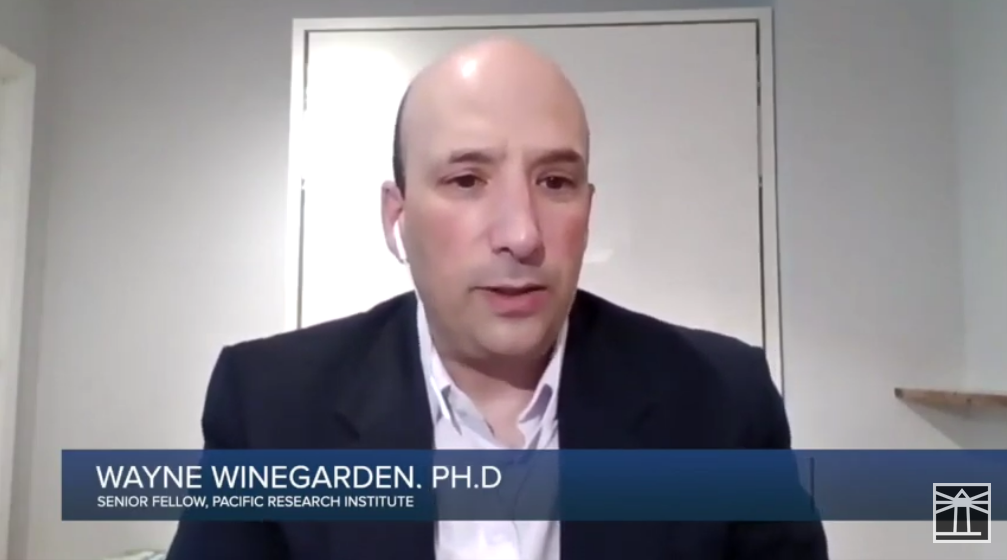Europe’s Alternative Reality for Reducing Agricultural Greenhouse Gas Emissions
Popular wisdom is often wrong. Consider, for example, how it views organic agriculture, which has grown to a $48 billion a year industry in the U.S. Organic products are sold at outlets ranging from local farmers' markets to large supermarket chains, and many people assume that there is something more natural, wholesome, or environmentally sustainable about them. None of that is true. What's remarkable about this agriculture sector is that the government's extensive promotion has been a hoax from the beginning, having nothing...





